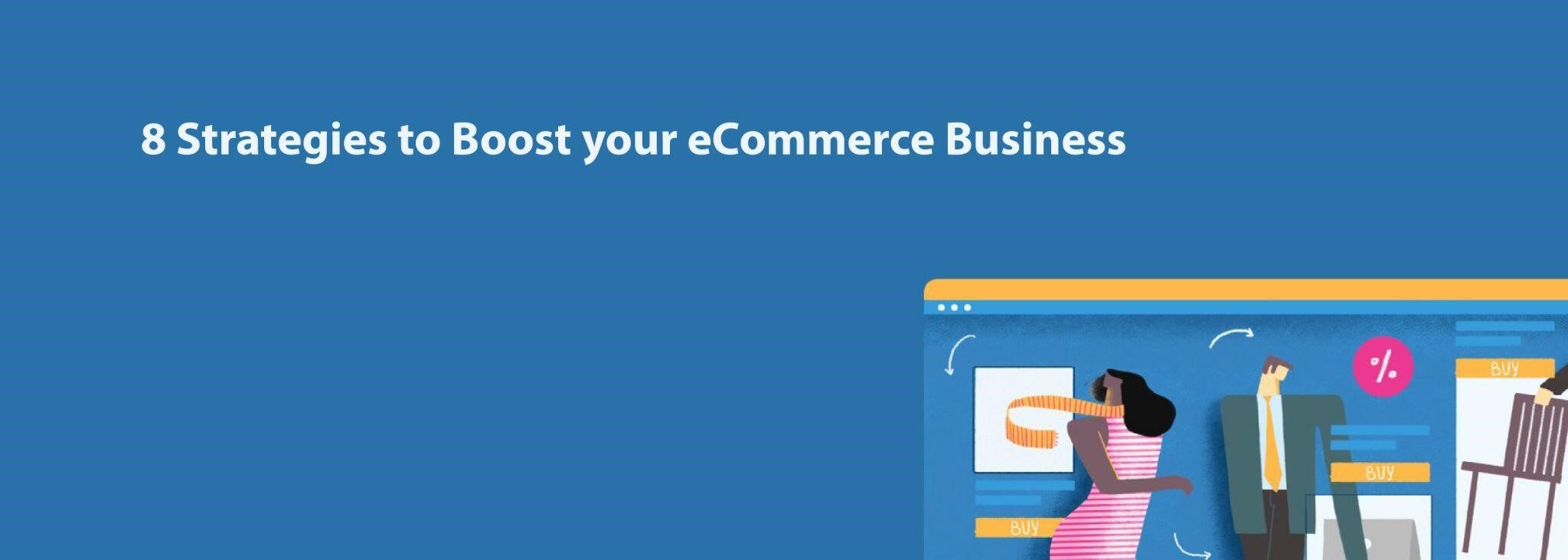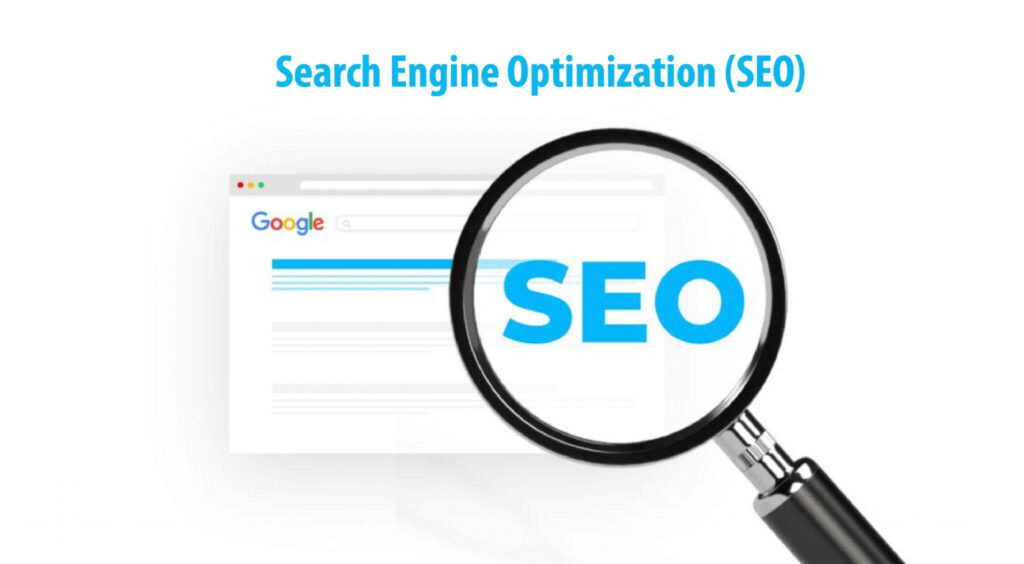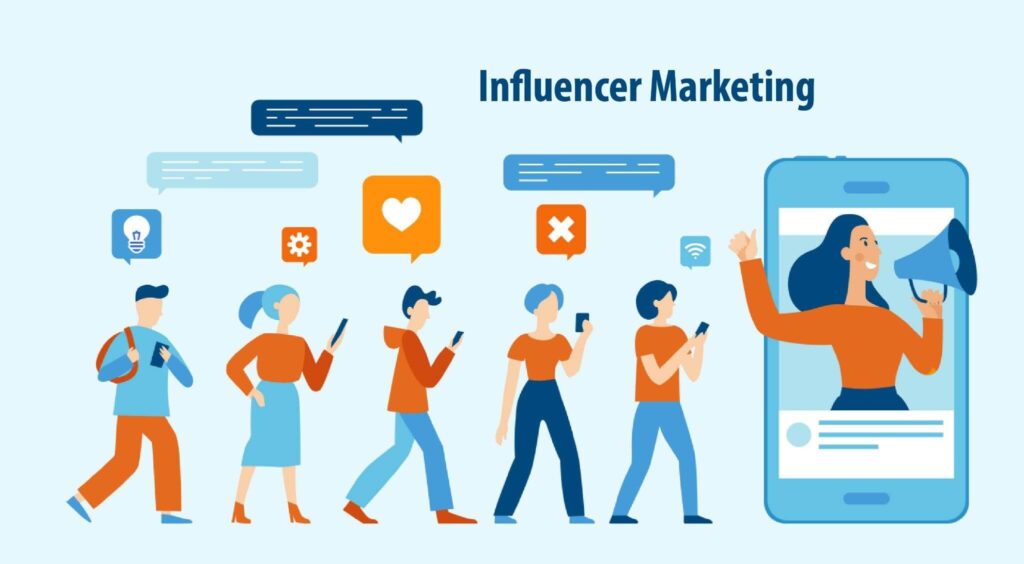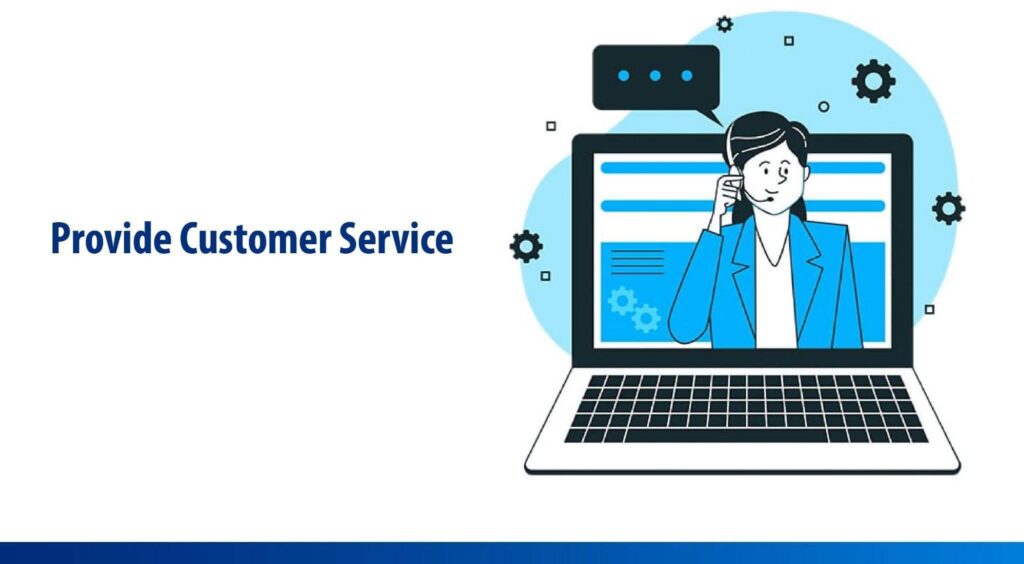8 Strategies to Boost your ecommerce Business


eCommerce marketing is an important tactic for driving deals. ECommerce companies have the ability to develop fast however scaling isn’t easy.
Ecommerce marketing consists of trying out and tweaking advert campaigns, optimizing your pages for conversions, perfecting your content material and search engine marketing strategy, placing the proper price range into the proper tactics, and keeping a sturdy go back on investment.
But as increasingly more ecommerce businesses, it turns into extra tough than ever to conquer the ever-developing competition. Ecommerce businesses, each small and large, seem to be from all sides.
What is Ecommerce Marketing?
Ecommerce marketing is any advertising attempt you do to sell your online products and services and generate sales. It applies to getting new clients and making antique ones store again.
An online marketplace is a hectic place, and it’s developing in popularity. Ecommerce marketing is an extraordinary manner for shops and businesses to tap into that developing power, developing commercials that manual clients to an ecommerce website.
In this post, we’re presenting eight Strategies that any eCommerce enterprise can use to assist them grow.
- Search Engine Optimization (SEO).
- Optimize your ecommerce website.
- Email Marketing.
- Produce original content.
- Social Media Marketing.
- Influencer Marketing.
- Affiliate Marketing.
- Provide Customer Service.
1. Search Engine Optimization (SEO)


Search engine optimization (SEO) is a long-term approach to get greater traffic on your ecommerce website through growing your organic, or unpaid ratings on search engines.For ecommerce sites, this consists of optimizing your technical search engine optimization and content strategy to be successful.
It’s now more essential than ever to ensure your internet site is continuously updated with wealthy and applicable content, promotes an amazing user experience (UX), and is optimized to be as error-free as possible.
2. Optimize your ecommerce website
After launching your ecommerce site, it’s important to check your website language, and placement of conversion elements. When clients go to your website, you need to ensure it’s smooth and easy to test out, that they are certainly willing to buy your products, and that it’s abundantly clean a way to do so. You must take a look at the language displayed on your product and service pages.
Test it for every week and see how your conversions change. Take your ecommerce advertising and marketing strategy to the next stage with an ecommerce conversion price optimization strategy using those methods.
3. Email Marketing
When it comes to ecommerce e-mail marketing, there are loads of strategies. You can use automatic emails like a welcome e-mail collection when a person opts-in on your site. Using an e mail marketing software program is one of the nice methods to have interaction with potential clients and up-sell to current clients.
Once you have a great e-mail list, you may begin sending applicable and interesting content. This may be anything from blog articles to promotions of your products.
4. Produce original content


Proper ecommerce content marketing can attract extra effective attention, interaction, and sustainable conversions in a manner no different marketing technique can. By creating and selling authentic content , you’re making sure that your audience is receiving new data that topics them on a chronic basis.
When created around particular product categories, content marketing for eCommerce affords an amazing possibility to power high-satisfactory traffic for a one-time funding in creating the content. We also suggest that your content should comprise of 80% informational content, and 20% promotional content.
5. Social Media Marketing
Social media ecommerce marketing is a totally effective tool. It permits you to talk together with your industry, customers, and market in a personal, public way. You can utilize social media to generate engagement and interaction, boost traffic on your website, and expand a bigger base of customers.Iphone application development is very helpful for social media marketing.New ideas open up new opportunities, so ios application development services are here to prosper.
6. Influencer Marketing


Influencers may be social media personalities or renowned enterprise figures who can sell your products. Influencer marketing is taken into consideration to be one of the most profitable kinds of marketing regardless of the enterprise, this kind of advertising may be very famous amongst marketers, however the eCommerce manufacturers appear to have been given the niche out of influencers.
So, whether you bring influencers in as brand ambassadors or product reviewers, this will do a lot to assist your commercial enterprise grow. You may also use your personal clients to promote your products. This way, your clients become a type of micro-influencers and promote your eCommerce brand.
7. Affiliate Marketing
Affiliate marketing is an advertising version wherein a business enterprise compensates third-celebration publishers to generate traffic or results in the business enterprise’s products and services. The third-celebration publishers are affiliates, and the commission price incentivizes them to locate methods to promote the organization.
Affiliate marketing means you are paying a commission to an outside website for any sales generated through them.These different website owners, or affiliates, promote your product with text hyperlinks and banners, and an ecommerce store can pay them a commission of the sale fee as soon as a buy has been completed.
8. Provide Customer Service


It’s natural to want to attain as many people as feasible and increase your consumer base. However, this indicates setting lots of attempt into obtaining new clients and, as a result, now no longer doing sufficient to keep the clients which you already have.
Well, due to the fact in accordance with research from growcode.com, more than 80% of clients are more likely to shop from an online store that gives personalised experiences which are applied at some stage in their whole journey – from browsing to email, social media activity and paid ads.










